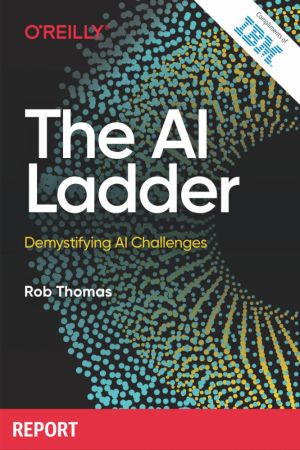Robotics, AI, and Humanity
Science, Ethics, and Policy
by Joachim von Braun, Margaret S. Archer, Gregory M. Reichberg, Marcelo Sánchez Sorondo
DescriptionTable of ContentsDetailsHashtagsReport an issue 






Book Description
This open book examines recent advances in how artificial intelligence (AI) and robotics have elicited widespread debate over their benefits and drawbacks for humanity. The emergent technologies have for instance implications within medicine and health care, employment, transport, manufacturing, agriculture, and armed conflict. While there has been considerable attention devoted to robotics/AI applications in each of these domains, a fuller picture of their connections and the possible consequences for our shared humanity seems needed. This volume covers multidisciplinary research, examines current research frontiers in AI/robotics and likely impacts on societal well-being, human - robot relationships, as well as the opportunities and risks for sustainable development and peace. The attendant ethical and religious dimensions of these technologies are addressed and implications for regulatory policies on the use and future development of AI/robotics technologies are elaborated.This open book is licensed under a Creative Commons License (CC BY). You can download Robotics, AI, and Humanity ebook for free in PDF format (7.9 MB).
Table of Contents
Chapter 1
Differences Between Natural and Artificial Cognitive Systems
Chapter 2
Foundations of Artificial Intelligence and Effective Universal Induction
Chapter 3
What Is Consciousness, and Could Machines Have It?
Chapter 4
Could a Robot Be Conscious? Some Lessons from Philosophy
Chapter 5
Robotics and the Global Organisation of Production
Chapter 6
AI/Robotics and the Poor
Chapter 7
Robotics and AI in Food Security and Innovation: Why They Matter and How to Harness Their Power
Chapter 8
Robotics in the Classroom: Hopes or Threats?
Chapter 9
Humans Judged by Machines: The Rise of Artificial Intelligence in Finance, Insurance, and Real Estate
Chapter 10
Designing Robots for the Battlefield: State of the Art
Chapter 11
Applying AI on the Battlefield: The Ethical Debates
Chapter 12
AI Nuclear Winter or AI That Saves Humanity? AI and Nuclear Deterrence
Chapter 13
The AI and Robot Entity
Chapter 14
Friendship Between Human Beings and AI Robots?
Book Details
Title
Robotics, AI, and Humanity
Subject
Science and Mathematics
Publisher
Springer
Published
2021
Pages
261
Edition
1
Language
English
ISBN13
9783030541729
ISBN10
303054172X
ISBN13 Digital
9783030541736
ISBN10 Digital
3030541738
PDF Size
7.9 MB
License

Related Books

This open book introduces the reader to the foundations of AI and ethics. It discusses issues of trust, responsibility, liability, privacy and risk. It focuses on the interaction between people and the AI systems and Robotics they use. Designed to be accessible for a broad audience, reading this book does not require prerequisite technical, legal o...

This book disseminates some of the results of the European H2020 AiRT Project (Technology transfer of RPAs for the creative industry). In particular, it presents findings related to mitigating safety and security concerns when civil drones are piloted by the service sector (mainly, the creative industry). European policies regarding drones generall...

It explores the diverse phenomena which are challenging the international law of the sea today, using the unique perspective of a simultaneous analysis of the national, individual and common interests at stake. This perspective, which all the contributors bear in mind when treating their own topic, also constitutes a useful element in the effort to...

This volume argues for the need of a common ground that bridges leadership studies, curriculum theory, and Didaktik. It proposes a non-affirmative education theory and its core concepts along with discursive institutionalism as an analytical tool to bridge these fields. It concludes with implications of its coherent theoretical framing for future e...

The processes for gathering, organizing, analyzing, and ultimately infusing AI throughout your organization can be thought of as a ladder. A ladder helps you climb far higher than you could go on your own by turning an impossible leap into a series of steps. Knowing what the ladder looks like helps you evaluate your organization's readiness fo...

This book discusses the important issue of the socioeconomic and environmental impacts of agricultural residue burning, common in agricultural practices in many parts of the world. In particular, it focuses on the pollution caused by rice residue burning using primary survey data from Punjab, India. It discusses emerging solutions to agricultural w...

